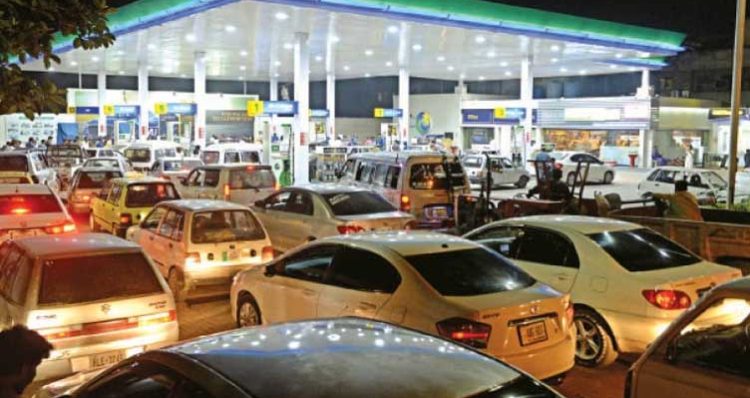
“Government Cuts Fuel Prices: Petrol Reduced by Rs10, Diesel by Rs13.06 Per Litre”
Dubai | September 18, 2024 | 2 | news , Oil , Pakistan NewsThe federal government announced a significant reduction in fuel prices, which will take effect at midnight. The price of petrol will drop by Rs10 per litre, from Rs259.10 to Rs249.10. High-Speed Diesel (HSD) will see a reduction of Rs13.06 per litre, bringing its price down from Rs262.75 to Rs249.69.
Other Fuel Prices Also Cut
Kerosene oil prices have been lowered by Rs11.15 per litre, from Rs169.62 to Rs158.47. Additionally, light diesel oil has been reduced by Rs12.12, decreasing the price from Rs154.05 to Rs141.93. These reductions reflect fluctuations in global oil markets and aim to provide some relief to consumers in Pakistan.
Government’s Response to Global Oil Prices
Earlier this week, Federal Minister for Petroleum Musadik Masood Malik emphasized that Pakistan’s fuel prices are closely tied to international petroleum markets. While consumers benefit from falling global prices, they will also face the impact when prices rise. Malik noted the government often receives support from Saudi Arabia in the form of oil on deferred payments.
Petrol Price Decline and Iranian Petrol Smuggling
Since May, petrol prices have been slashed by Rs47 per litre. Malik also mentioned a decline in the smuggling of Iranian petrol, noting that such activities cannot be legalized as they involve bypassing taxes. He highlighted that Pakistan maintains a 21-day strategic stock of petroleum products to manage supply needs.
Concerns Over Gas Supplies
Malik expressed concerns about the country’s depleting gas reserves, stating that granting more gas connections could worsen the crisis. He added that importing gas comes at a high cost, and previous restrictions on new connections were necessary to prevent further strain on the system.
Conclusion
The reduction in fuel prices offers temporary relief to consumers, but the government remains cautious about fluctuating global oil markets and the need for sustainable energy management.


